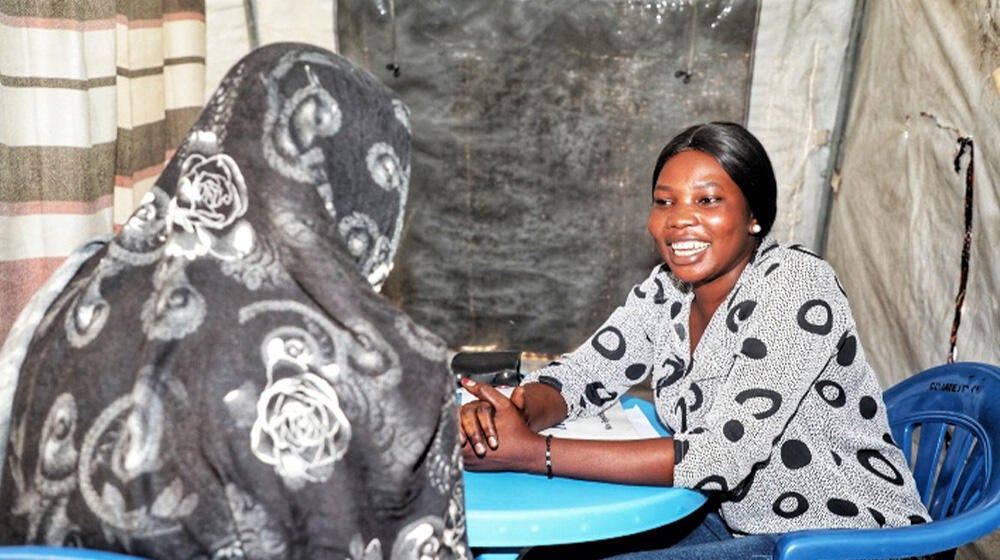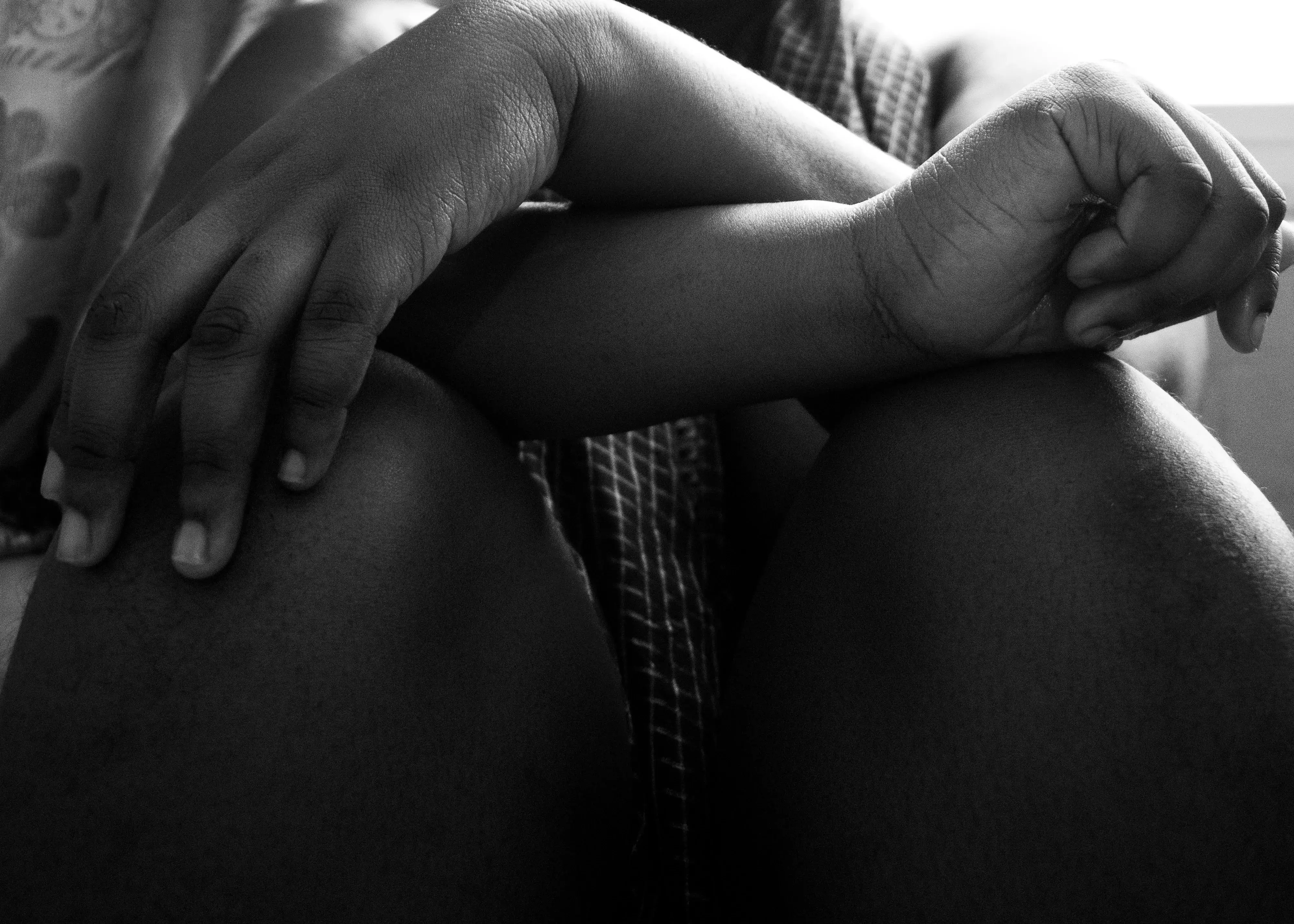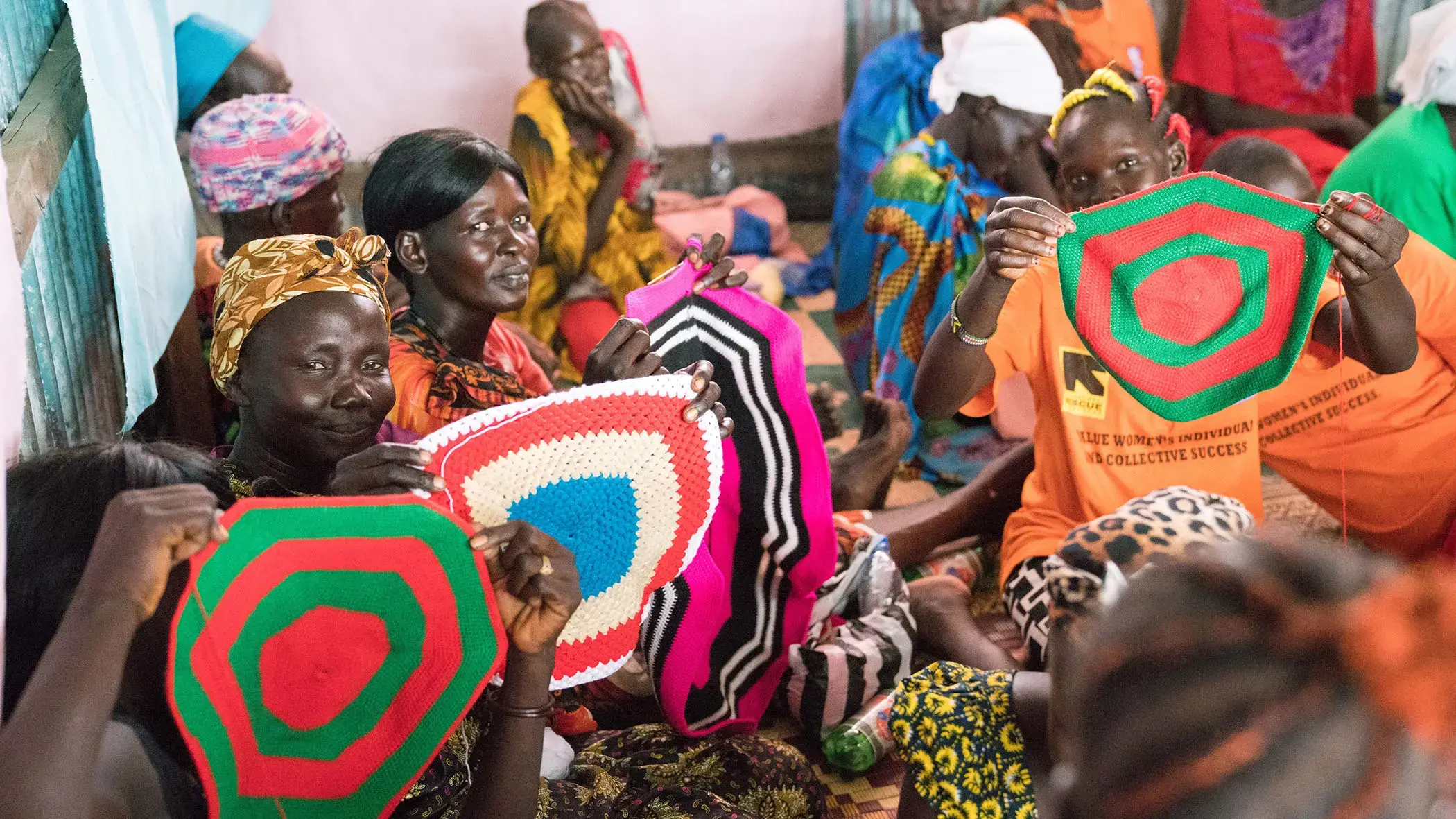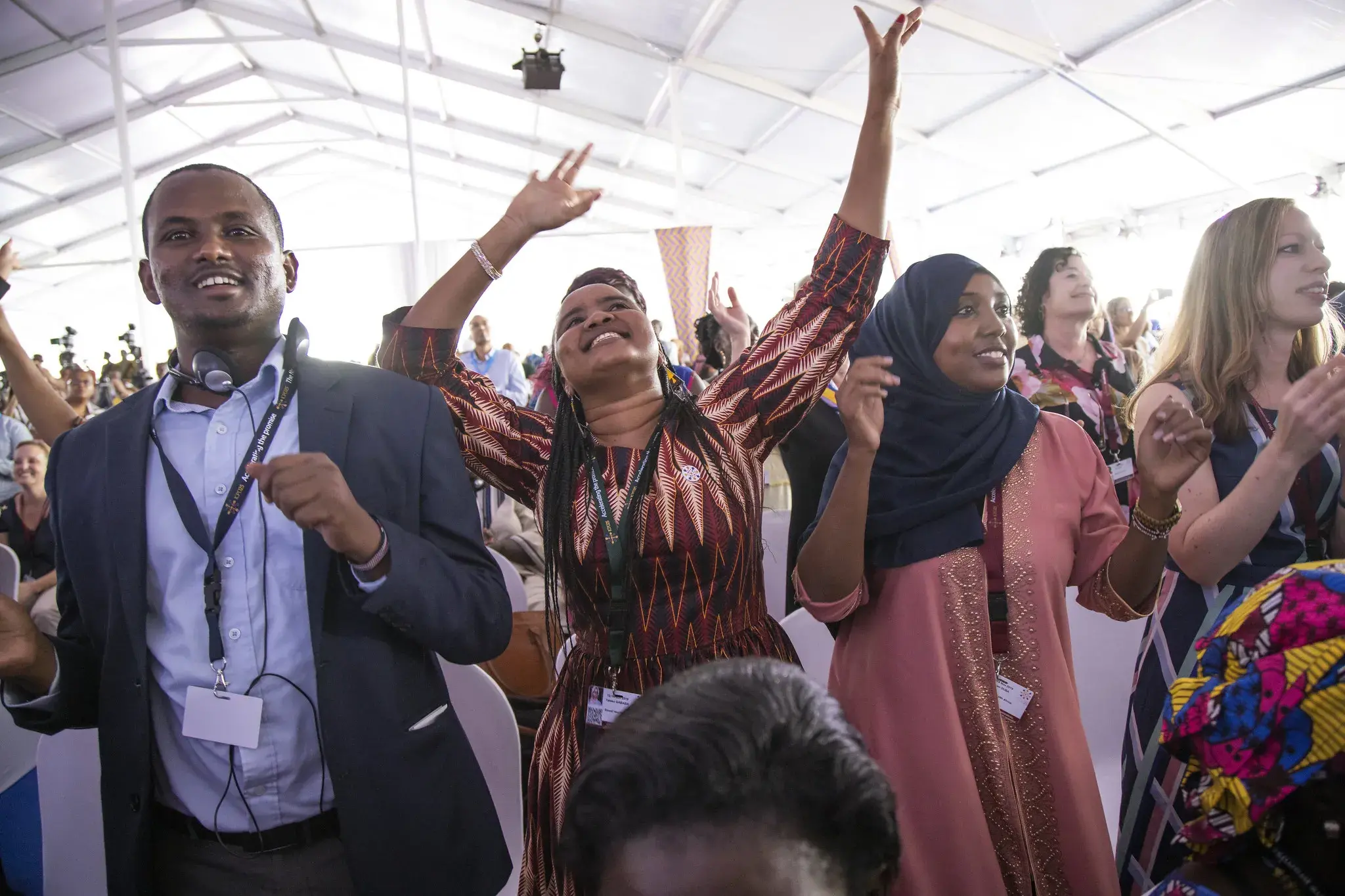In South Sudan, the scars of gender-based vio- lence (GBV) run deep, worsened by years of communal conflict, harmful cultural norms, and the recent influx of returnees fleeing conflict in neighbouring Sudan. For women and girls, the threat of violence is ever-present, especially as they cross borders in search of safety. The situation is particularly dire in regions facing severe humanitarian crises, where access to life-saving services is limited.
For men and boys, the barriers to accessing sup- port are even higher. Stigma and disbelief sur- round male survivors of violence, making it difficult for them to seek help. Yet, gender-based violence does not discriminate, and both men and women suffer in silence.
“I was brutalized while fleeing the conflict in Su- dan by brutal rapists. My health was in danger and hardly walked to cross the border like others. For days, I finally arrived in Malakal town where a fellow woman directed me to a friendly space for women and girls that provide psychosocial support and access to economic empowerment opportunities I was then referred to a one-stop centre where I accesses medical, psychosocial, and legal support. The service providers nev- er abandoned me until I recovered and became stronger to live in the community.” Nyajok (not real name), a South Sudanese returnee from Sudan.
With support from Canada, UNFPA through part- ner – Hope Restoration runs an integrated pro- gramme for prevention and response to GBV in- cluding knowledge, availability, and accessibility of GBV services and support groups and access to sexual and reproductive health (SRH) services. These integrated programmes elevate the voices of women and girls who are GBV survivors, advo- cates, and leaders of GBV services by address- ing social norms and fully engaging with men and boys in their roles as community leaders, support partners, caregivers, perpetrators, and/or survi- vors. This engagement includes trauma-informed restorative justice responses to reduce recidivism and break cycles of violence.
“Despite the threats GBV poses to the protection of women and girls, in most cases, it is rarely dis- cussed within communities. Many survivors there- fore prefer not to report incidents of GBV out of fear or taboo. With continuous community sensiti- zation and awareness of services, those affected including survivors have reported cases and tak- en prevention initiatives within communities” says Ms. Norin Nyanjang, Project officer – Mayom.
UNFPA works with all stakeholders to change attitudes and behaviours that make GBV acceptable in the community by supporting women and girls’ friendly spaces and one-stop centres across the
country that provide GBV prevention and response services.
The programme reaches remote areas such as Bentiu, Leer, Akobo West, Mayendit, and Mal- akal—places where humanitarian needs are critical. By strengthening the capacity of service providers, UNFPA ensures that even the most isolated communities can access essential GBV prevention and response services. In these chal- lenging environments, the project brings not only services but hope, helping survivors reclaim their lives and communities work towards a future free from violence.





